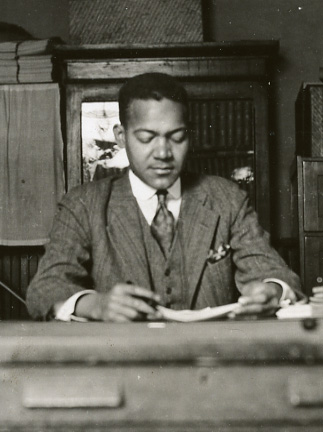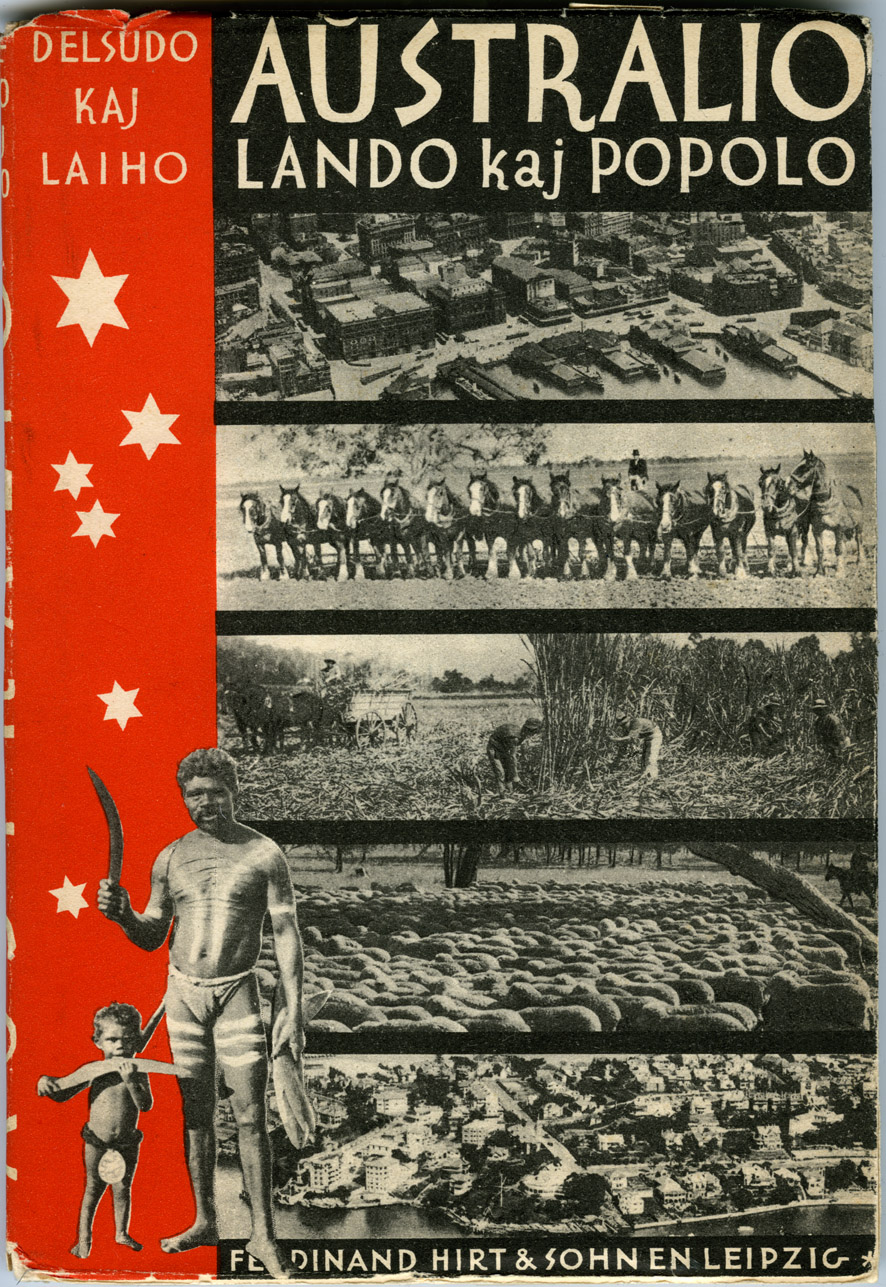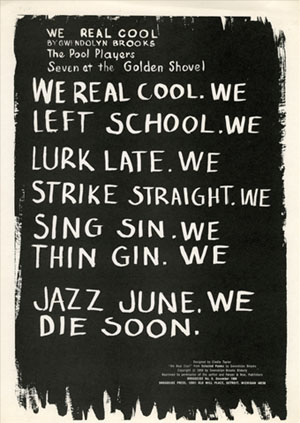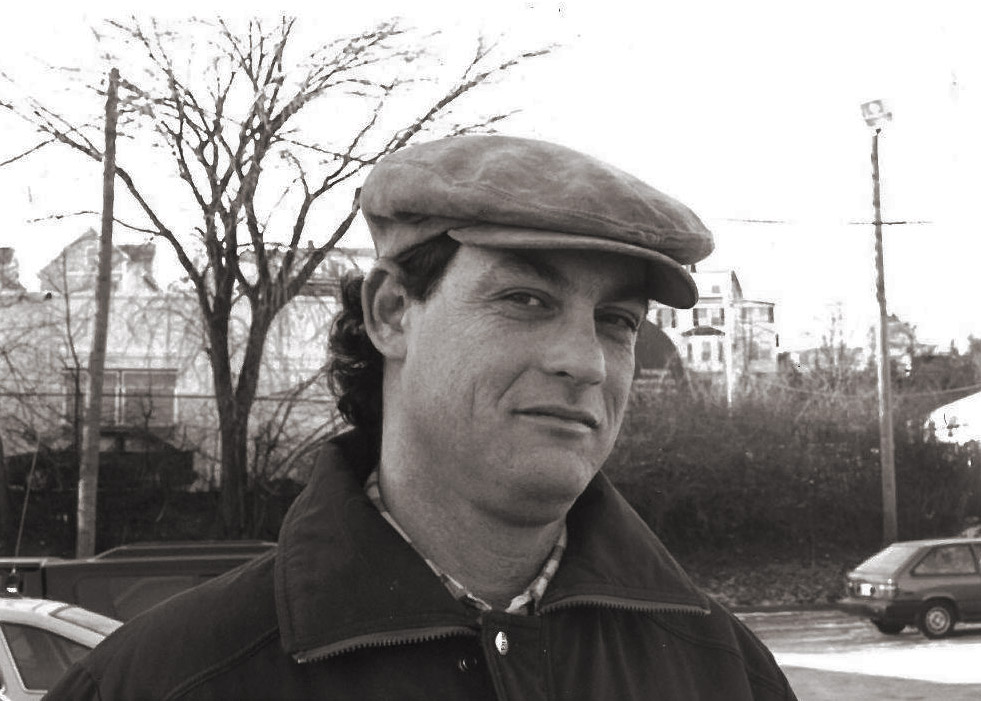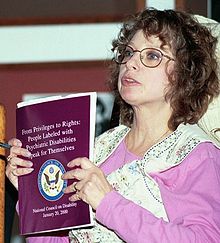Black Mass Communications Project Collection
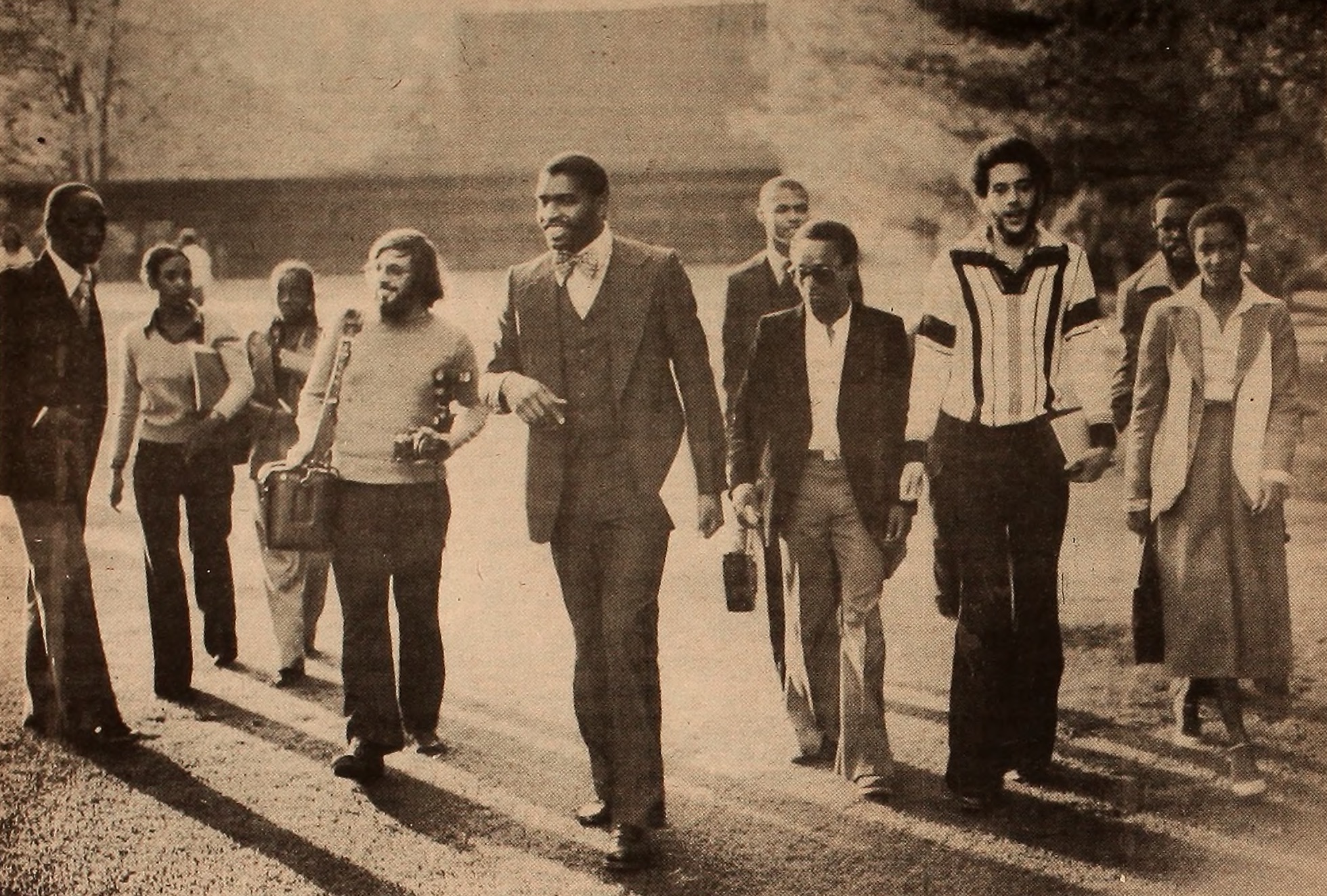
The Black Mass Communications Project was founded as an educational and informational outlet for Black students at UMass Amherst in 1970 and authorized in the following year as a Registered Student Organization. Over the years, BCMP played varied roles on campus, hosting cultural events, lectures, workshops, and social gatherings as to help keep black music alive. Many of its early members were also affiliated with the student radio station WMUA, and throughout the 1970s, the organization played a prominent role in providing programming to the station, offering programming highlighting African American music and current affairs.
The BCMP collection consists of many dozens of reel to reel audiotapes of radio broadcasts aired over WMUA during the 1970s and early 1980s by and for the university’s African American community. Included is a range of locally-produced public affairs, cultural, and music programming, with some content licensed from around the country. A few of the tapes are associated with the Five College’s National Public Radio affiliate, WFCR. An inventory of the collection is available to view which includes dates, descriptions, program titles and tapes that have been digitized.


